The ongoing controversy with the Doom Eternal’s soundtrack continues as Bethesda has released an official response to composer Mick Gordon’s post on The Medium. The publisher states that Gordon’s claims are one-sided and misleading, and the company is ready to release “full and completed documented evidence” that proves it. The controversy between Bethesda and Mick began when fans noticed the music in the OST sounded compressed to make it sound awkward.
Fans have expressed their dissatisfaction with the soundtrack with the developer id Software via social media, leading to harassment. Mick Gordon, the credited composer for Eternal and the Doom 2016, made several posts and replies expressing his dissatisfaction with the OST, stating he doubts he would ever work with id Software again. Eternal executive producer Marty Stratton then released a detailed Reddit post in 2020, detailing the troubled history of producing the OST. Stratton claimed Gordon wouldn’t be clear to Stratton or the development team when messaging and would miss deadlines.
Stratton revealed that id Software’s audio director Chad Mossholder was the one that mixed the OST, giving it poor compression. However, on November 9, Mick Gordon published his own lengthy reply on The Medium, accusing Marty and Bethesda, id Software’s parent company, of spreading lies. Gordon goes over in explicit detail his experience working on Doom Eternal, writing about working on tight deadlines for two years and having to work long stretches without pay. He recounts Stratton often being unnecessarily hostile towards him.
Gordon signed on to do Eternal’s OST and planned to compose only twelve tracks. He was initially granted an extension in his deadline, but Stratton threatened him with legal action if he didn’t meet the April deadline since he would technically be at fault for breaching a consumer’s protection law. Gordon was only able to send in 10 songs, but Stratton had Mossholder mixing the music months beforehand. Gordon was aware of the issues with the released OST and initially agreed with Stratton to unionize to help quell the fanbase. Instead, Stratton released the Reddit post, which Gordon believes paints him as the one at fault for the OST.
Gordon has been fighting for the post to be removed for the last two years and also opposing Bethesda through legal actions. Bethesda has now responded to Gordon’s accusation with a message on Twitter, labeling Gordon’s post as an “unjust” account of what happened. Fans appear to gravitate more to Gordon’s side, yet both sides have received a lot of harassment. Gordon and Bethesda have asked fans not to attack any individuals involved, including Gordon, Stratton, or Mossholder.



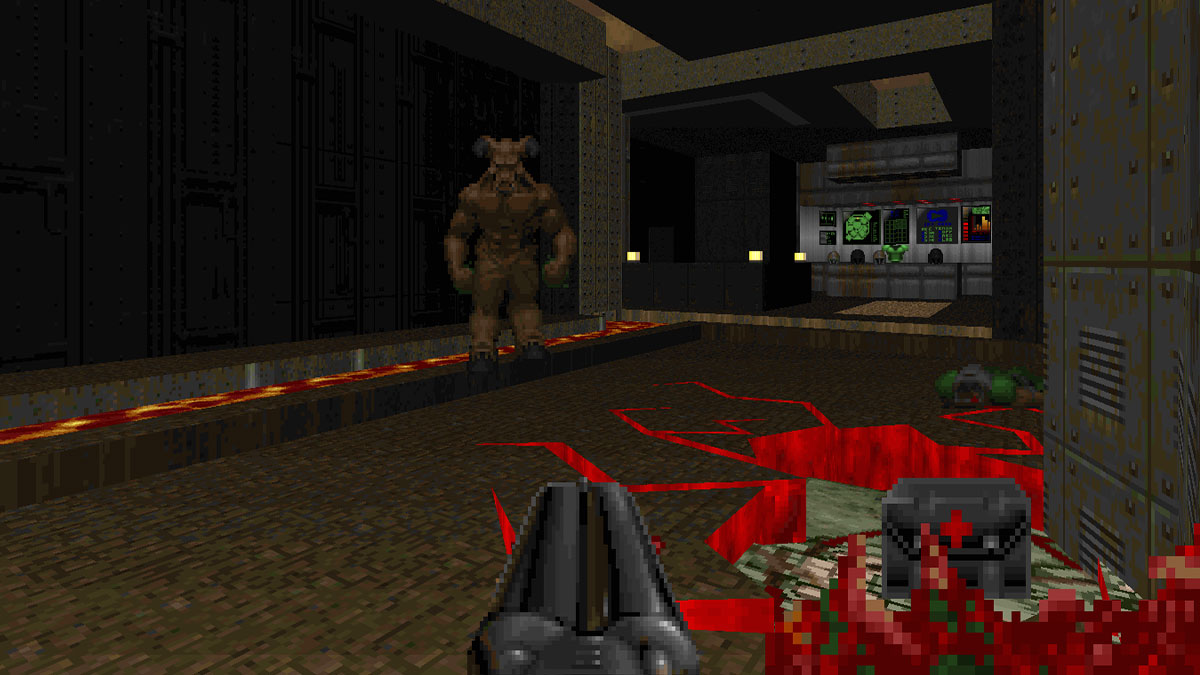

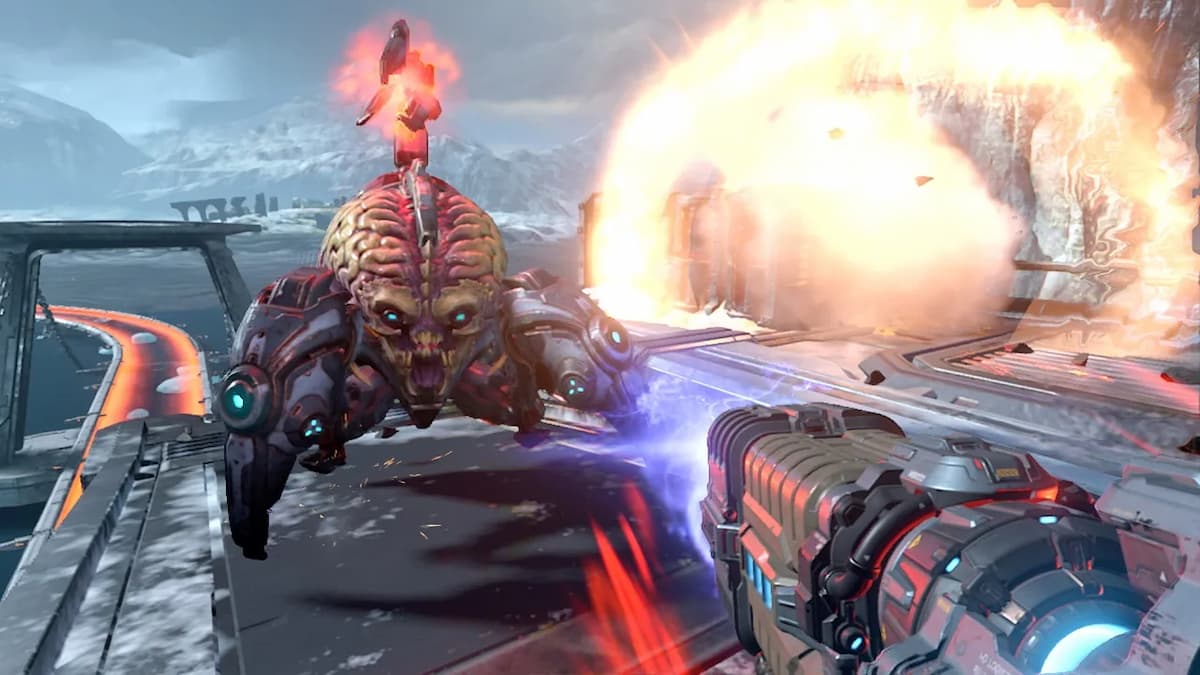
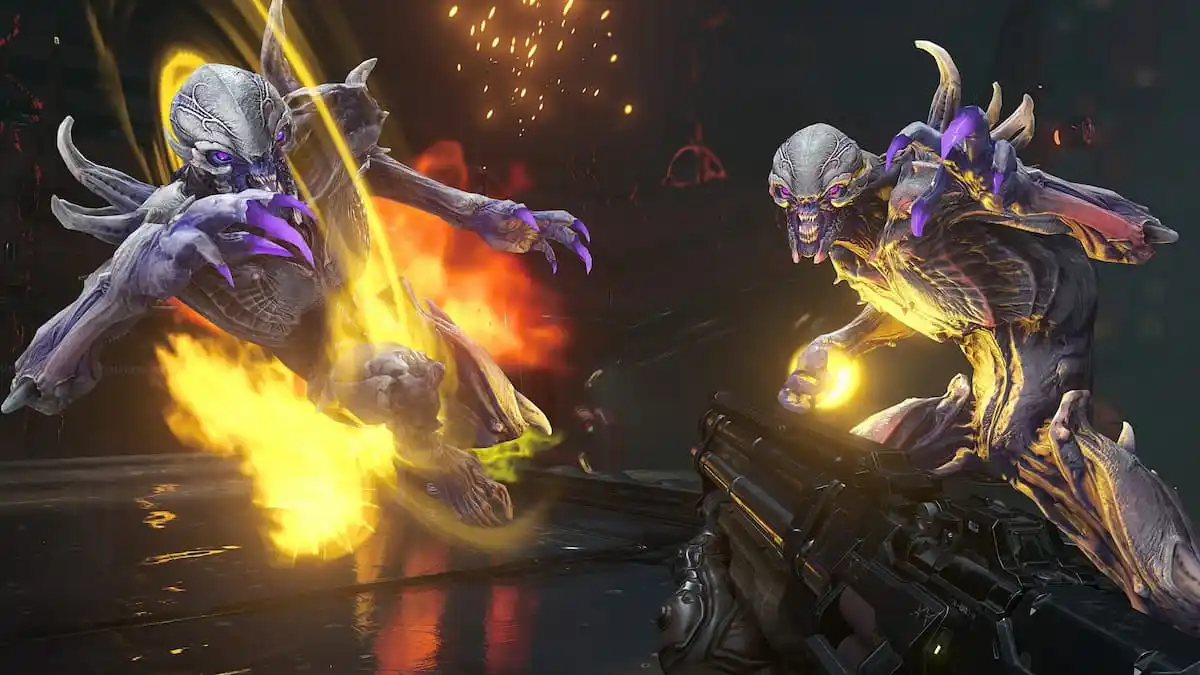
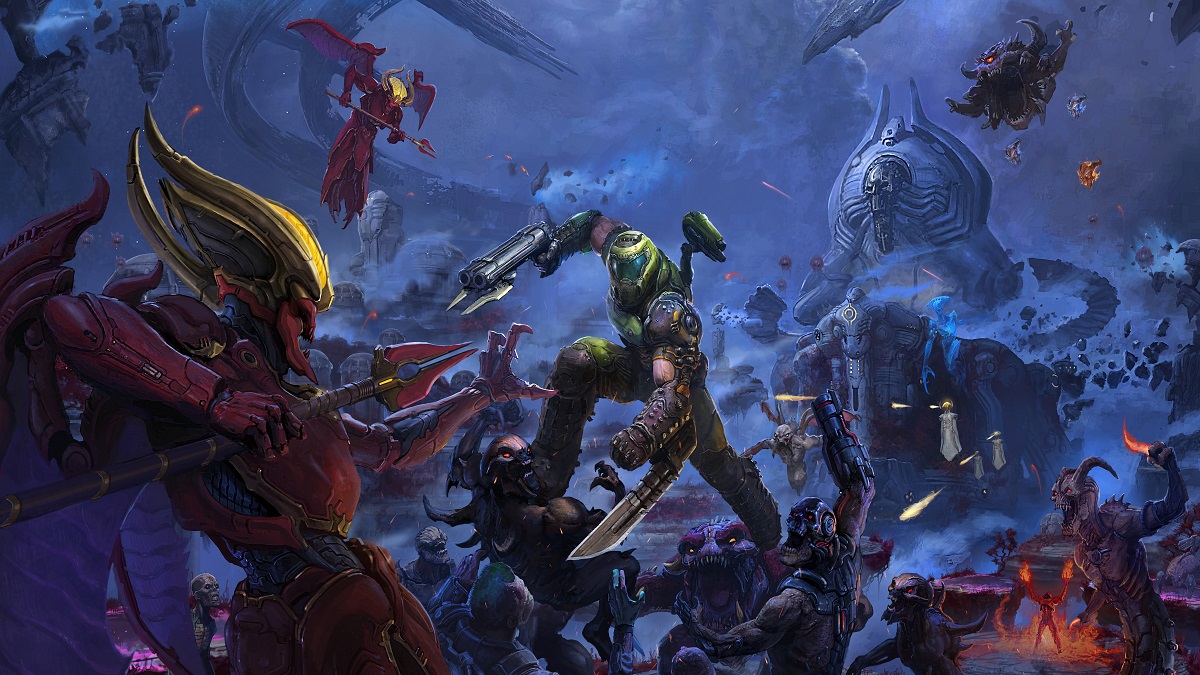
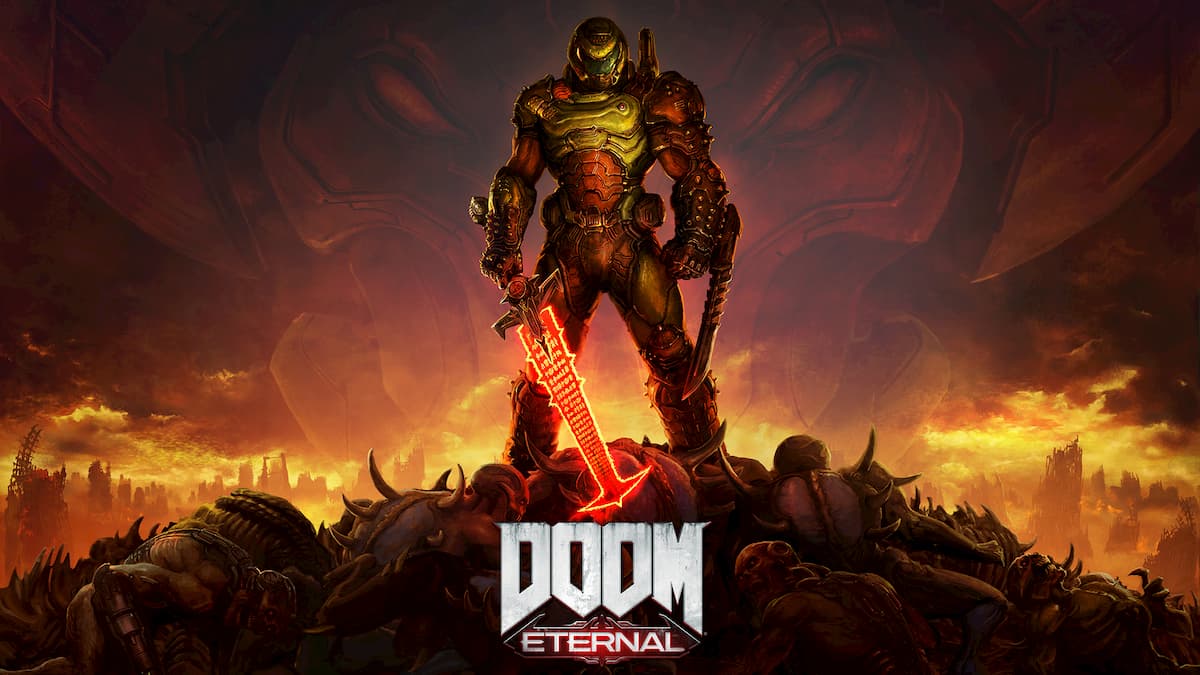
Published: Nov 16, 2022 09:46 pm